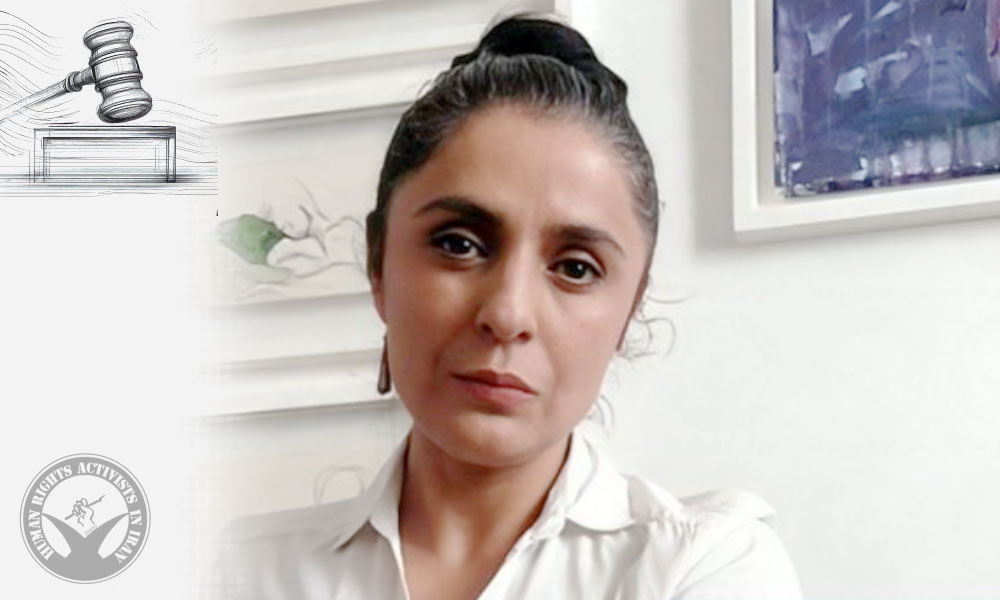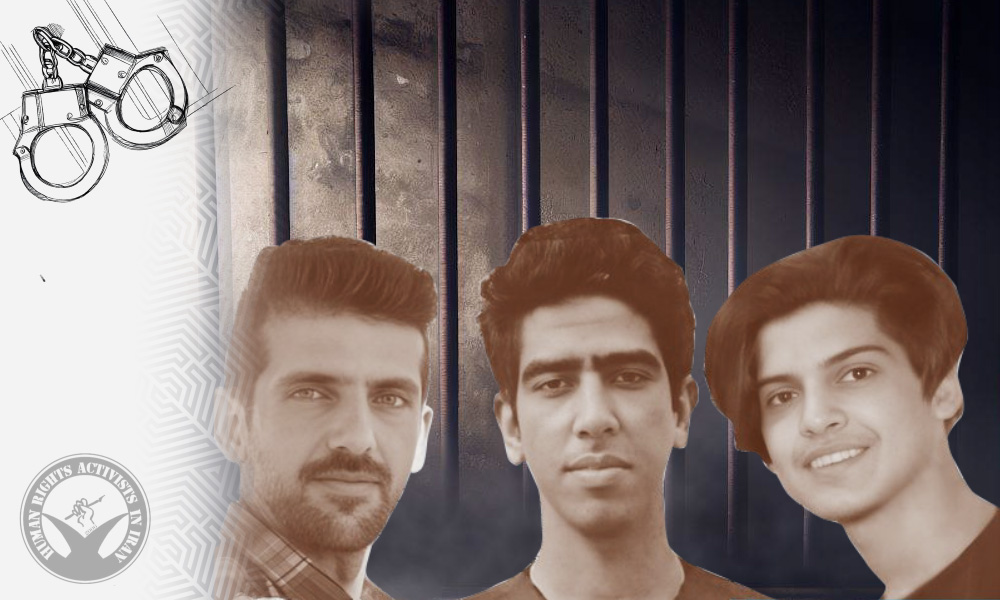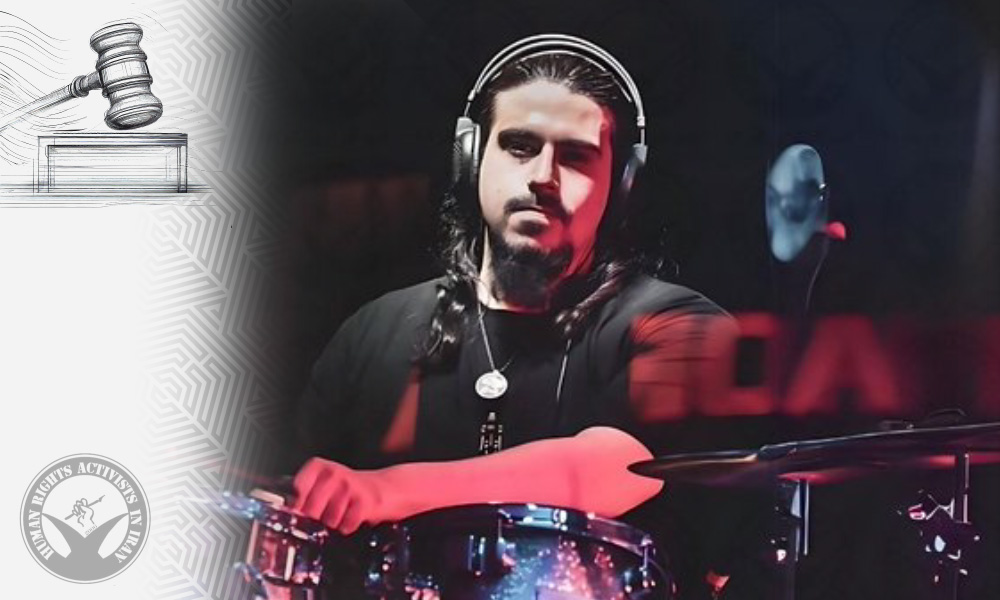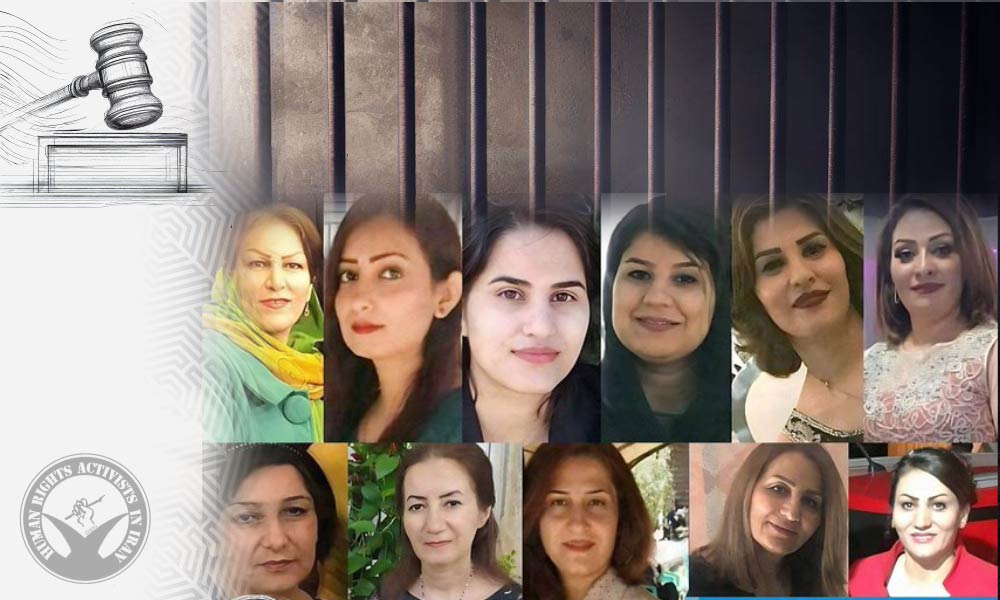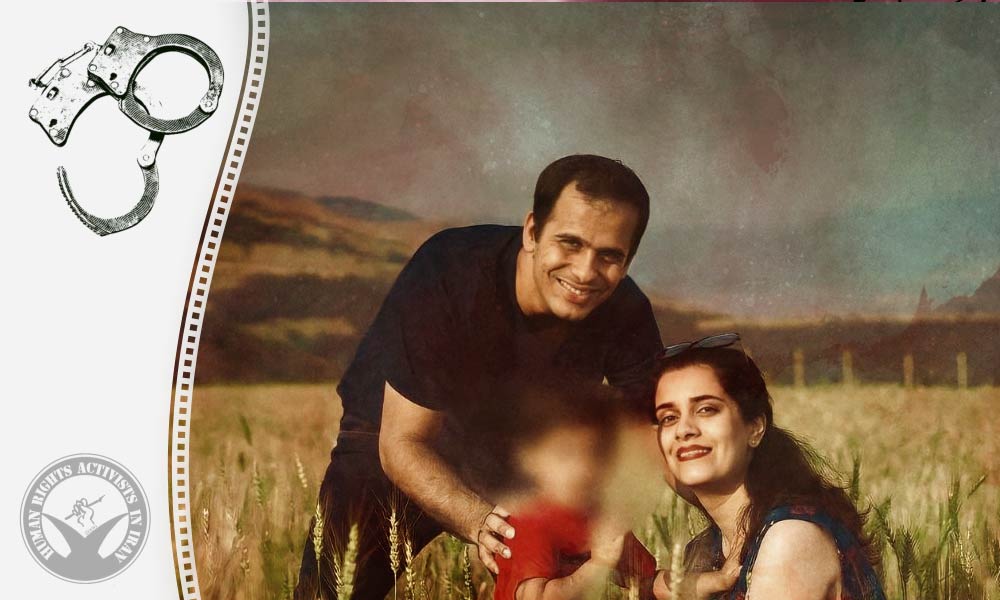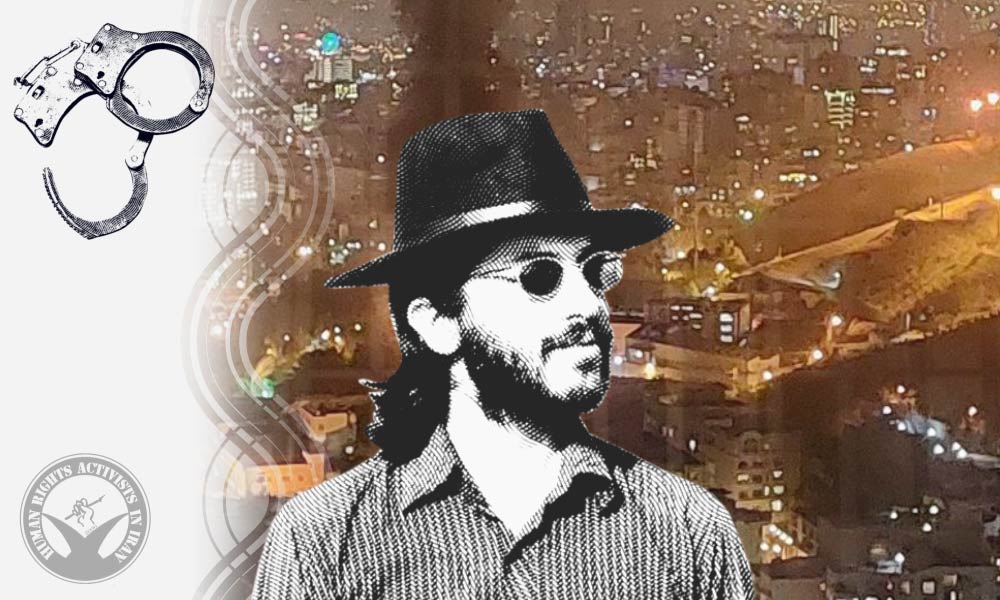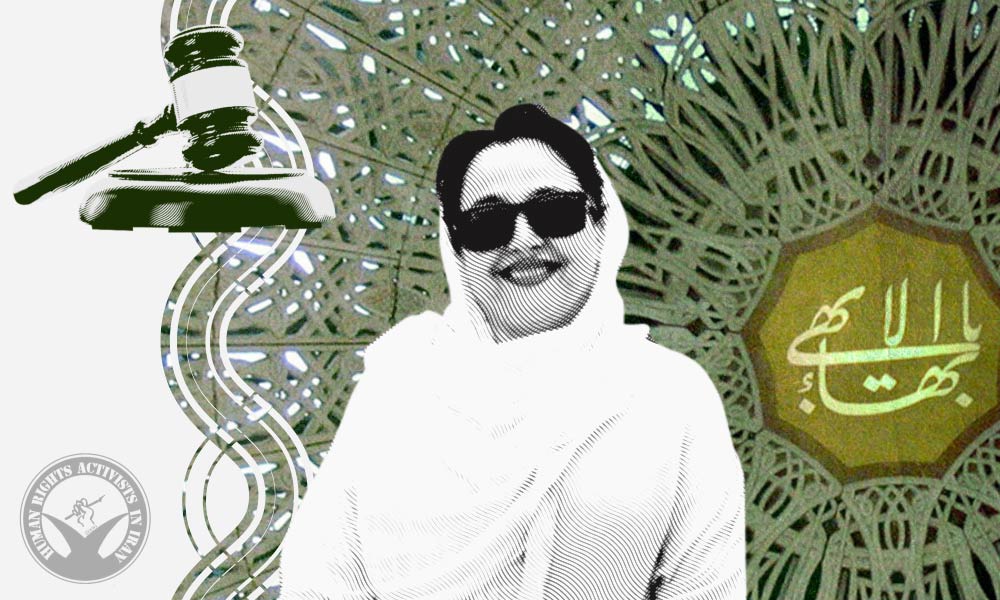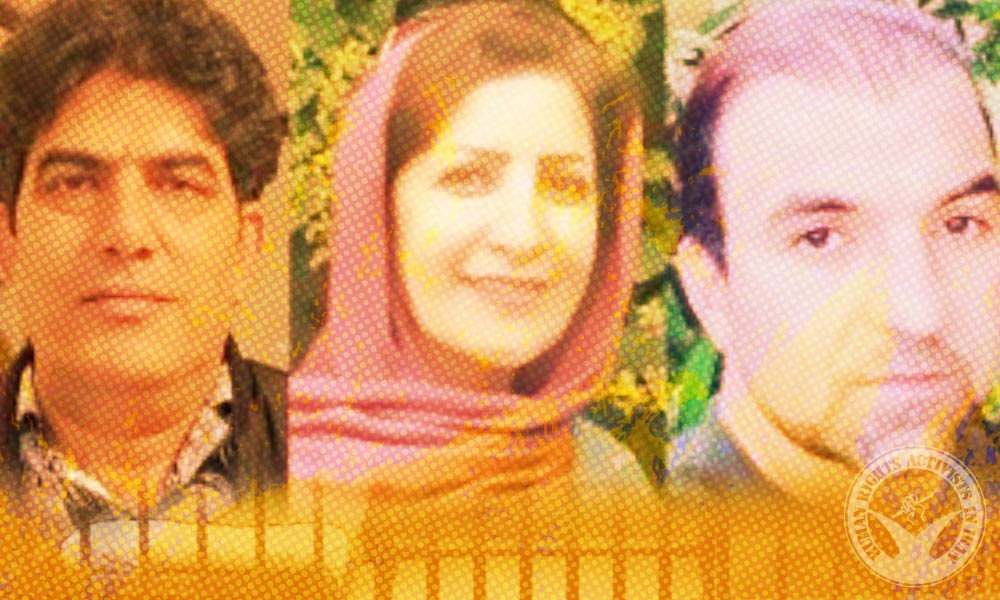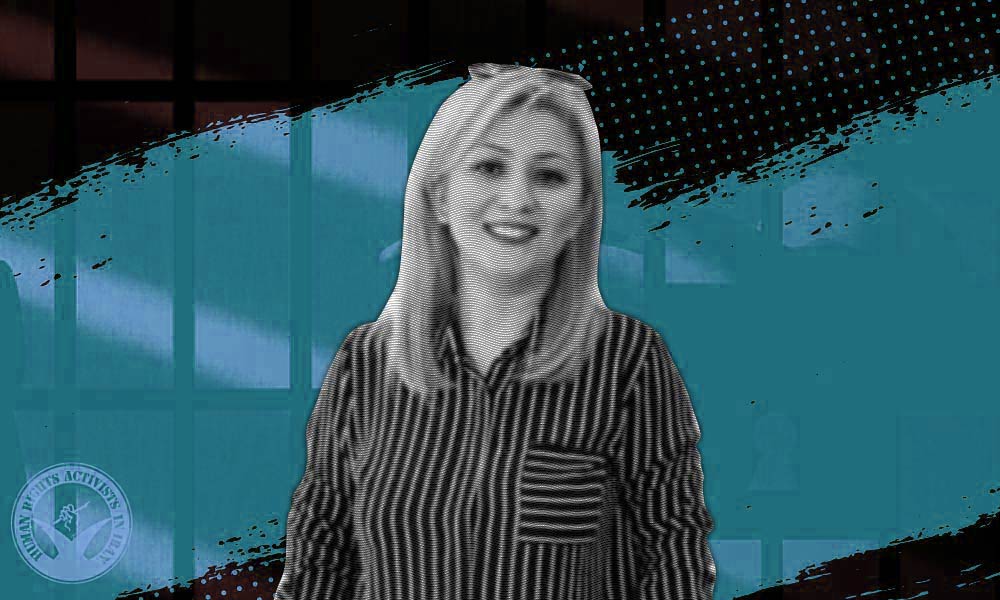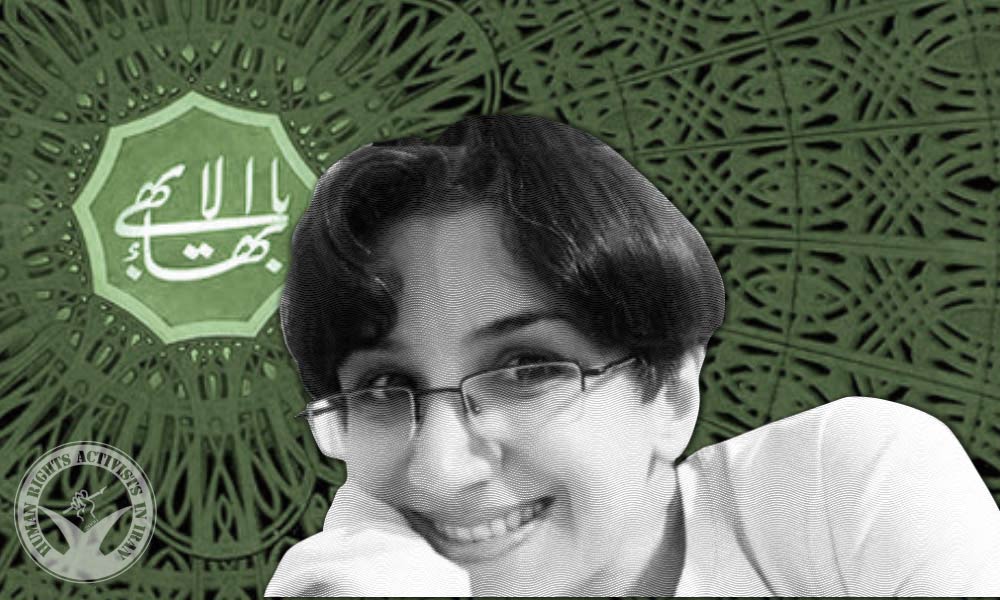HRANA – Paria Marandiz, a Baha’i citizen, has been sentenced by Branch 23 of the Tehran Revolutionary Court to three years in prison along with a two-year ban on using social media. Part of her sentence has been suspended.
According to information obtained by HRANA, Ms. Marandiz was convicted on charges of “propaganda against the Islamic Republic of Iran during the 12-day war” and “propaganda in support of the Israeli regime.” In addition to the prison term, the court imposed a two-year prohibition on her online activity.
Based on Article 134 of the Islamic Penal Code, the most severe charge—propaganda in support of the Israeli regime—will be enforced, meaning she must serve two years in prison. The remaining 18 months of her sentence have been suspended for five years.
Her trial was held on September 22 at Branch 23 of the Tehran Revolutionary Court. Earlier, on August 16, she was interrogated at Branch 3 of the Public and Revolutionary Prosecutor’s Office of District 33 in Tehran. She was subsequently released on bail set at 3.5 billion tomans.
Marandiz had previously been summoned by the Ministry of Intelligence on June 20, July 1, and July 13, during which she was interrogated for several hours on each occasion.
On June 17, security forces briefly detained her. At the time of her arrest, her home was searched, and agents confiscated personal belongings belonging to her and her family, including books, religious photographs, laptops, and mobile phones.
Over the past decade, the Iranian Bahá’í community has been disproportionately targeted by Iran’s security forces and judiciary—more than any other minority group. In the past three years, an average of 72 percent of the reports on religious rights violations collected by HRANA have documented the Iranian regime’s repression of the Bahá’í community.



